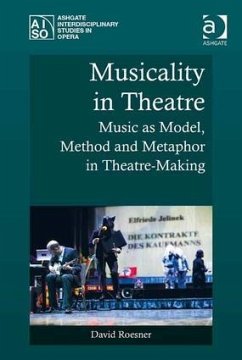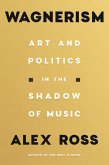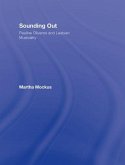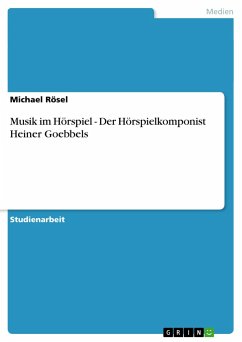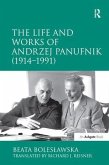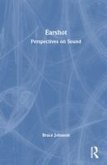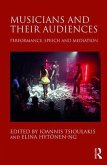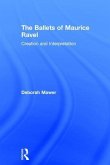Music continues to be immensely influential in key developments of theatrical practices. In this study of musicality in the theatre, David Roesner offers a revised view of the nature of the relationship between music and theatre. The theoretical scope of the book is developed from a wide range of case studies, some of which are re-readings of the classics of theatre history (Appia, Meyerhold, Artaud, Beckett), while others introduce or rediscover less-discussed practitioners such as Joe Chaikin, Thomas Bernhard, Elfriede Jelinek, Michael Thalheimer and Karin Beier.
Hinweis: Dieser Artikel kann nur an eine deutsche Lieferadresse ausgeliefert werden.
Hinweis: Dieser Artikel kann nur an eine deutsche Lieferadresse ausgeliefert werden.
'This is the first book to chart the history of the musicalization of theatre comprehensively in relation to writers, directors, scenographers, and performers, and it does so with great clarity and authority. ... this book will secure a lasting place not only as a stimulating counter-history of twentieth-century theatre, but also as provocation to rethink the ontology of theatre itself, and the meaning of musicality.'
Music and Letters
'Musicality in Theatre will serve as an important source for future studies in musical-theatrical intermediality...'
Contemporary Theatre Review
Music and Letters
'Musicality in Theatre will serve as an important source for future studies in musical-theatrical intermediality...'
Contemporary Theatre Review

